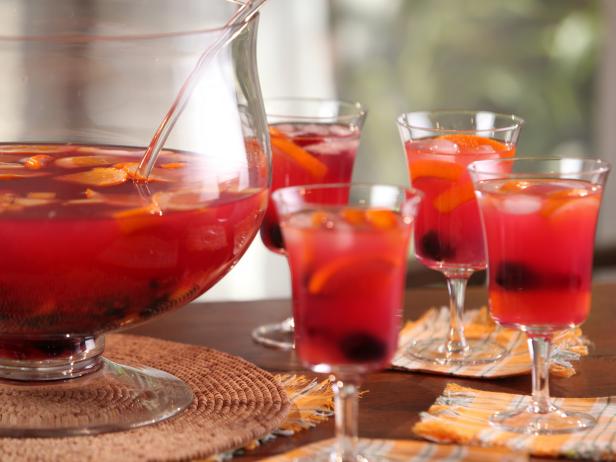Hibiscus tea is a well known caffeine-free herbal tea produced from the sepals with the Hibiscus sabdariffa plant, also called the “roselle”. Because of this, this drink is sometimes also known as roselle tea. Hibiscus tea carries a long good consumption in a number of countries and cultures, but particularly in hot, tropical areas, like the middle east and honduras, the place that the roselle plant grows easily. This post gives advice about buying hibiscus online, explaining both where you should obtain hibiscus flowers for usage in herbal tea, and how to pick which company to get from and which specific item to purchase.
Two primary reasons for hibiscus: herb companies, and tea companies: Because it is an herb applied in herbals, hibiscus can be acquired both from herb and spice companies, and from tea companies which use a few green tea in their offerings. There is absolutely no general rule about which of the companies are generally an improved location to buy hibiscus. However, herb companies often often offer better prices on buying the bulk herb, and are more prone to offer the herb in several grades. Most tea companies, however, only carry one pure hibiscus tea, and primarily sell the herb in other blends which can either include hibiscus as the primary ingredient, or maybe more often, one ingredient among many.

Whole flowers, cut and sifted (c-s), and powdered: Hibiscus teas are purchased in three various ways: as whole flowers, as items of flowers (usually identified as “cut and sifted” and denoted c-s or c/s), so when powder. Just like whole-leaf herbs and loose-leaf tea, hibiscus retains its flavor better much more whole flower form.
The whole flowers are usually the costliest, and therefore are slower to infuse, nevertheless they incorporate some advantages and quite often have superior flavor. The cut and sifted hibiscus infuses faster, it also loses its flavor quicker during storage. The powdered hibiscus goes farther in this direction, infusing quickly, but staying fresh less long compared to the cut and sifted type.
Country of origin of hibiscus: Hibiscus for use in hibiscus tea is grown in a number of different countries, but quite possibly the most common more likely to be Egypt. Other countries with commercially-available hibiscus include Nigeria and Sudan. Many tea companies and herb companies don’t specify the continent of origin of the hibiscus or of other herbs. Typically, it is advisable to buy herbs from firms that clearly get the country of origin, and hibiscus isn’t any exception.
For more info about Hibiscus tea benefits explore this useful web page.

